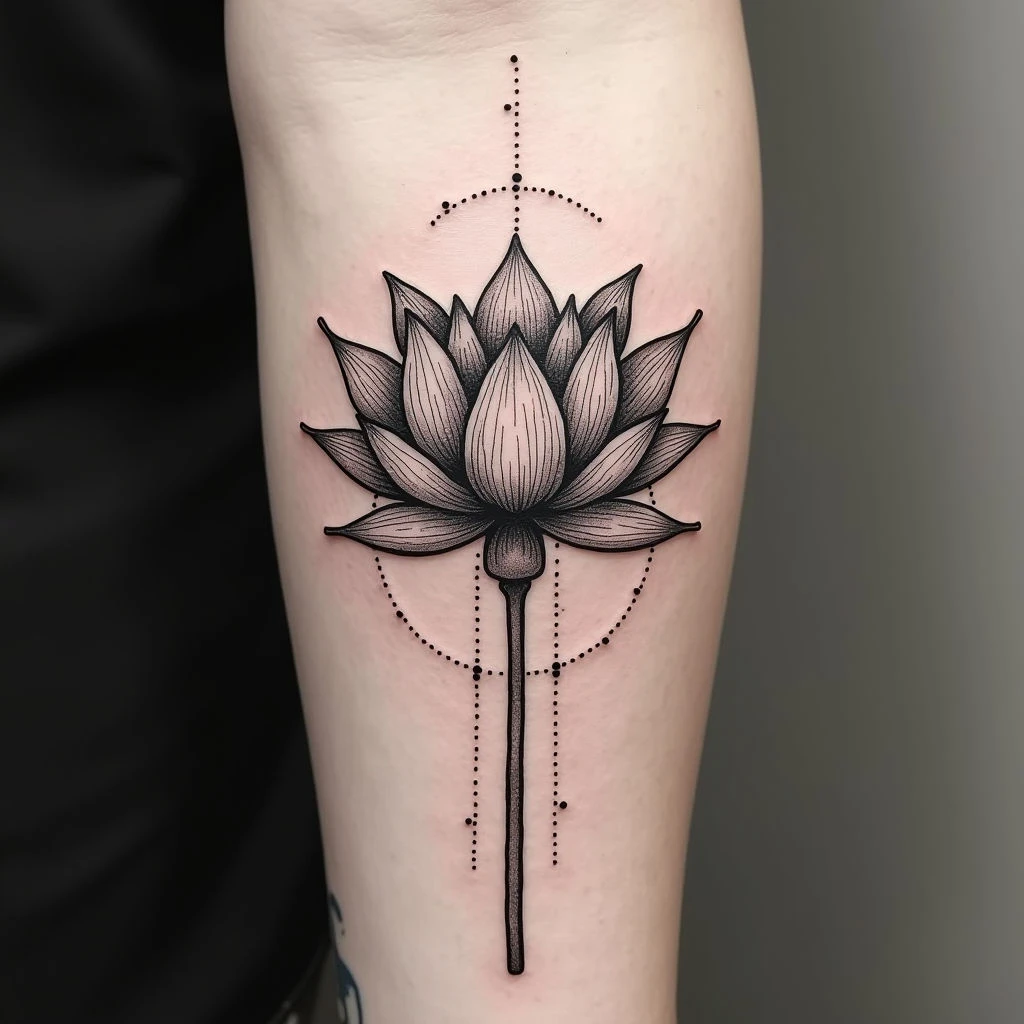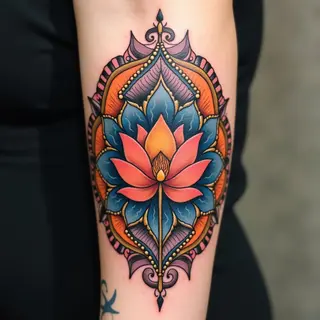Religious Tattoo Symbols: A Guide to Common Motifs and Their Meanings
Religious tattoo symbols carry deep personal significance, often reflecting faith journeys, spiritual beliefs, and a connection to something larger than oneself. This guide explores common motifs and their meanings, helping you understand the symbolism before committing to ink.
Christian Symbols
- The cross (various forms representing sacrifice & redemption)
- Angels (divine guidance & protection)
- Doves (Holy Spirit & peace)
- Ichthys (fish symbol) - an early Christian identifier
Buddhist Symbols
- Mandalas (representing the universe and spiritual journey)
- Lotus flowers (enlightenment & purity)
- Om symbols (sacred sound vibration)
Hindu/Eastern Religious Symbols
Understanding these requires deeper research into Hindu mythology.
- Om (as above)
- Sri Yantras (geometric representation of deities)
- Depictions of deities like Ganesha or Shiva, each with specific attributes and meanings
Islamic Symbols
While direct representations of Allah are generally avoided in Islamic art, calligraphy featuring verses from the Quran is common. Geometric patterns and floral designs can also hold spiritual significance.
Things to Consider
- It’s crucial to approach religious tattoo symbols with respect and understanding. Research thoroughly beyond surface-level meanings.
- Consult with your artist about placement and design considerations.
- Respect cultural sensitivities surrounding these powerful images.
- If unsure, speak with a leader from the religion you are referencing.
Religious Tattoos: A Personal Expression of Faith
Religious tattoos can be incredibly meaningful expressions of personal faith – choose wisely and respectfully.


